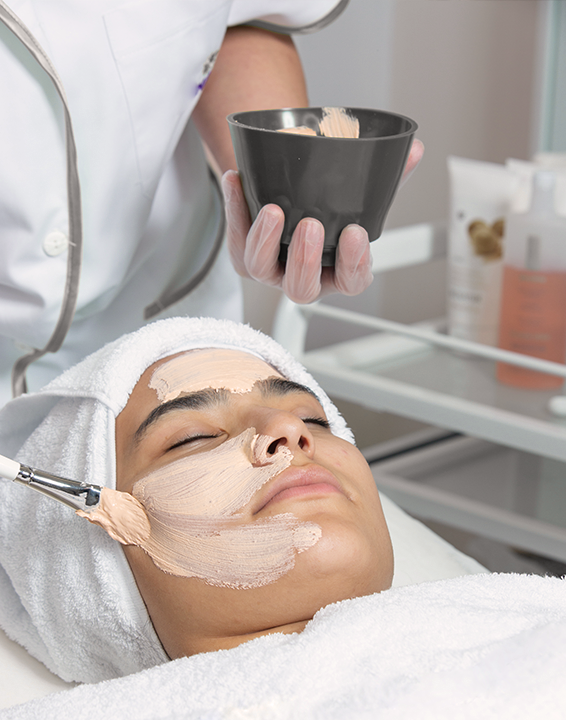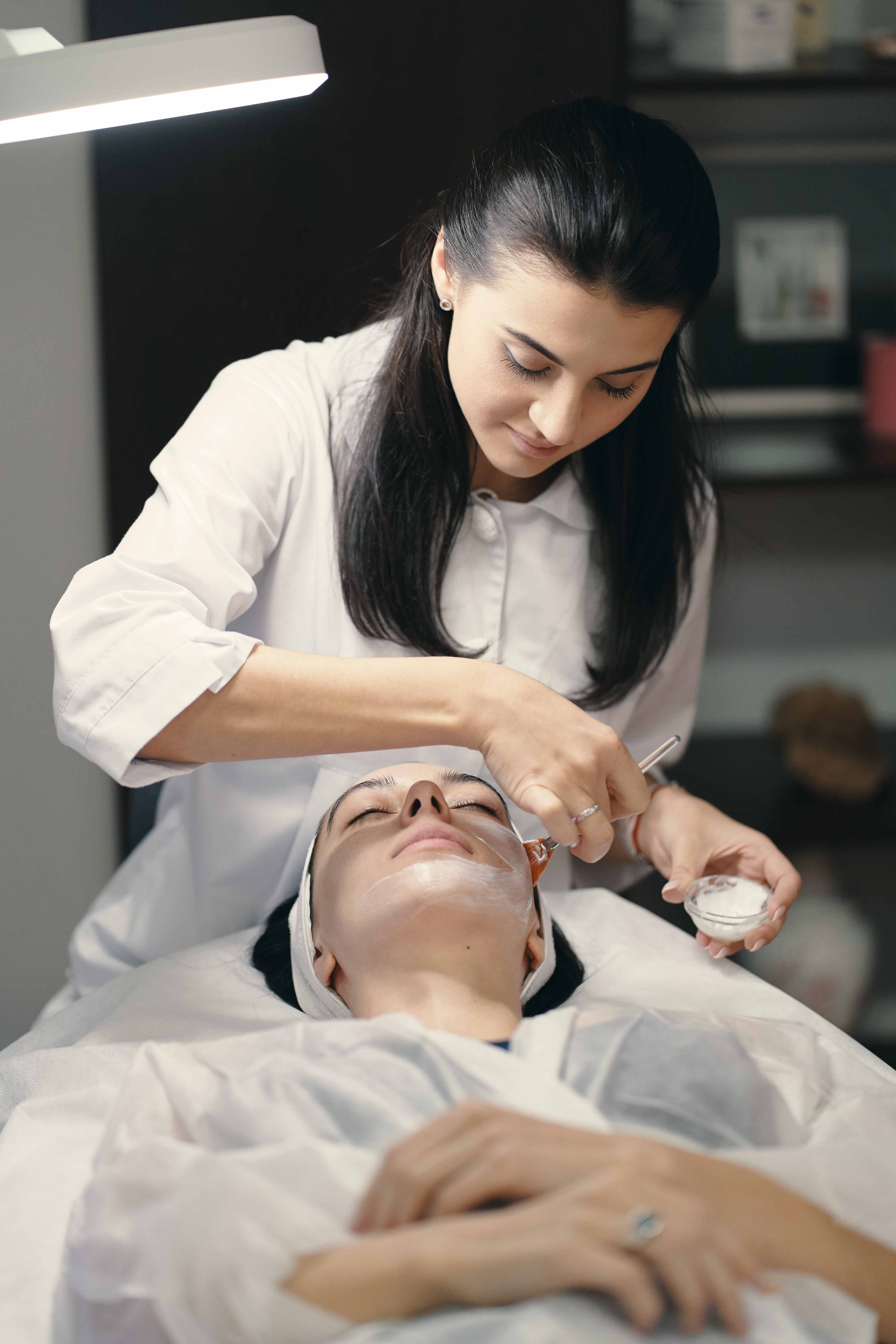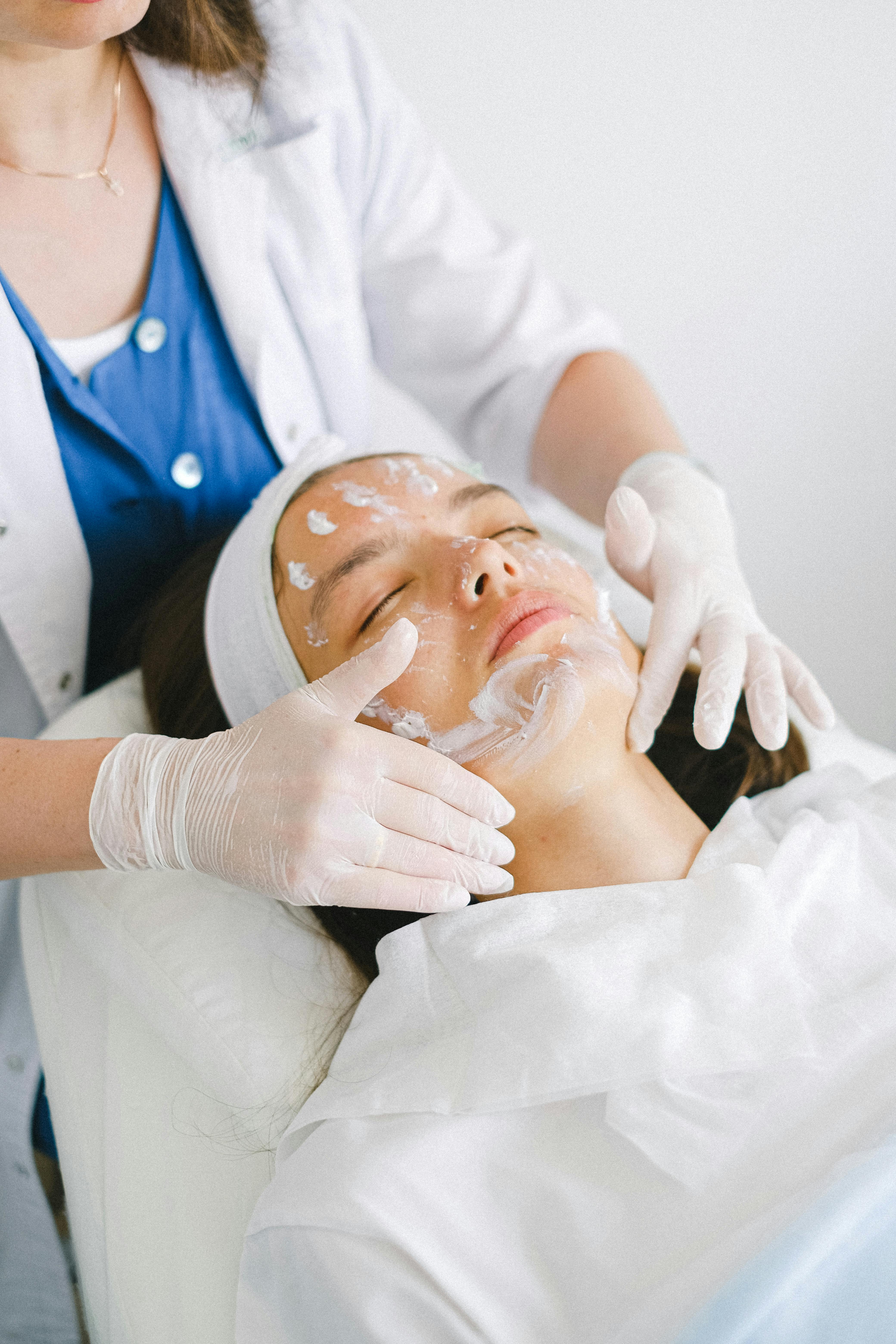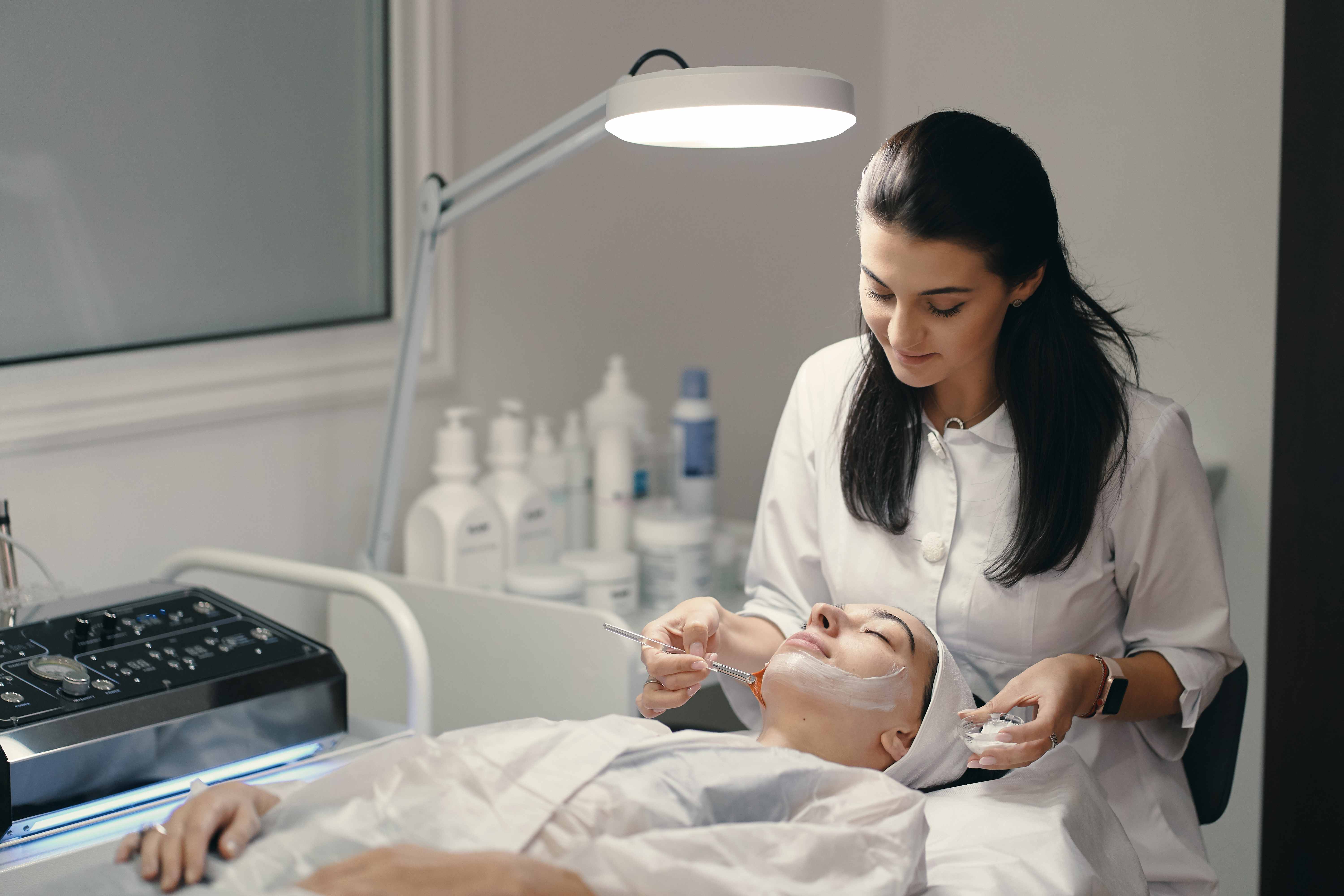
Your Skin, Your Story: Building a Personal Skincare Routine
Your Skin, Your Story: Building a Personal Skincare Routine
Your skin is as unique as your fingerprint, which is why skincare should never be one-size-fits-all. Understanding your skin type—whether oily, dry, combination, sensitive, or normal—is the first step. Consider factors like your lifestyle, climate, diet, and stress levels when designing your routine.
Start with the basics: a gentle cleanser, a hydrating toner, a treatment serum (like vitamin C or niacinamide), a moisturizer, and SPF during the day. For night, focus on repair with retinol or hyaluronic acid. Stick to it consistently and update seasonally.
Understanding Your Skin Type
Before building your routine, it's essential to understand your skin type:
- Dry skin feels tight, may have flaky patches, and lacks natural oils
- Oily skin produces excess sebum, appears shiny, and is prone to enlarged pores
- Combination skin has an oily T-zone (forehead, nose, chin) but dry or normal cheeks
- Sensitive skin reacts easily to products with redness, itching, or burning
- Normal skin is well-balanced, neither too oily nor too dry
The Essential Steps
Morning Routine:
- Cleanse: Use a gentle cleanser appropriate for your skin type
- Tone: Apply a hydrating, alcohol-free toner to balance pH
- Treat: Apply targeted serums (vitamin C for brightening, niacinamide for oil control)
- Moisturize: Lock in hydration with a moisturizer suited to your skin type
- Protect: Apply broad-spectrum SPF 30+ (the most important anti-aging step)
Evening Routine:
- Double cleanse: Remove makeup/sunscreen with an oil-based cleanser, follow with a water-based cleanser
- Tone: Rebalance skin pH
- Treat: Apply active ingredients like retinol, AHAs/BHAs, or peptides
- Moisturize: Use a richer night cream or facial oil
Customizing for Your Skin Concerns
For Acne-Prone Skin:
- Incorporate salicylic acid or benzoyl peroxide
- Use non-comedogenic products
- Consider a clay mask 1-2 times weekly
For Aging Concerns:
- Prioritize retinoids, peptides, and antioxidants
- Add a hydrating eye cream
- Consider bakuchiol if retinol is too irritating
For Hyperpigmentation:
- Focus on vitamin C, niacinamide, and alpha arbutin
- Incorporate gentle exfoliation with AHAs
- Never skip sunscreen
For Sensitive Skin:
- Choose fragrance-free, minimal ingredient products
- Patch test everything new
- Focus on barrier repair with ceramides
Seasonal Adjustments
Your skin's needs change with the seasons:
Summer: Lighter moisturizers, increased SPF application, more frequent exfoliation
Winter: Richer moisturizers, reduced exfoliation, added facial oils
The Importance of Consistency
Results take time. Most skincare products need at least 4-6 weeks of consistent use to show visible results. Keep a skincare journal to track progress and reactions to new products.
Remember that skincare is personal—what works for someone else may not work for you. Listen to your skin, adjust as needed, and consult a dermatologist for persistent concerns.
Share this article
Related Articles

The Truth About Sunscreen: Why It's Non-Negotiable All Year Round
Understand why sunscreen is essential for skin health regardless of the season.
Read More
Why Medical-Grade Skincare Outperforms Over-the-Counter Brands
Discover the benefits of medical-grade skincare products compared to retail options.
Read More
Teen Skincare: Establishing a Healthy Routine
Learn how to care for teenage skin with a simple and effective skincare routine.
Read More